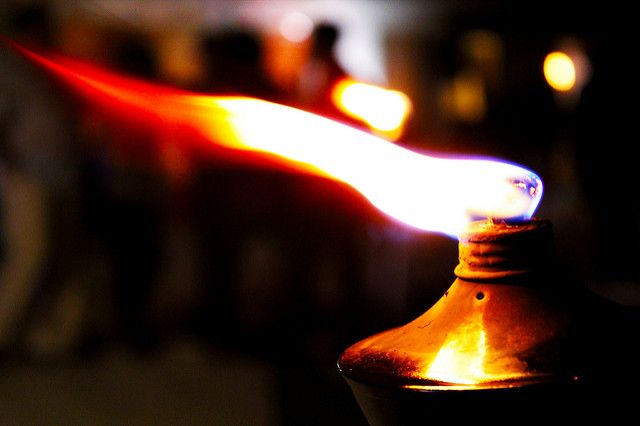Only a few more days until the dreadful theatrical display that has dragged on for a seeming eternity draws to a close. I am, of course, talking about the 2016 US presidential election campaign. A peculiar non-event that despite being, for the most part, devoid of political deliberation and informed policy debates, dominated the political scene in the news not only in the US but internationally. This caricature of political competition has brought to the fore some of the greatest dysfunctional feats of the United States’ political system. And it should also serve as a warning to the rest of the established democracies.
Everyone in their right mind should hope for Clinton to be elected. And I don’t think that this is a question that should even be up for debate. If the “leader of the free world” is going to be a misogynist, racist, spiteful, dishonest, bigoted 70-year old cut-throat casino capitalist, then torches and pitchforks will become tools of policy making. Let’s be calculated optimists and assume that Clinton wins. The list of the past five presidents then reads: Bush, Clinton, Bush, Obama, Clinton. Oligarchic tendencies can hardly be disputed.
The judgement is not much different if Trump wins. He has only gotten this close to the oval office, because of his money and his fame that immediately generated a huge media echo and global audience for his tirades of hate. It appears nearly impossible to become President of the US if you are not incredibly wealthy or at least have the support of some incredibly rich friends. This is not democracy.
Bernie Sanders’ more or less “crowd-funded” campaign went a long way to show that it could be done differently, in terms of financing and also as a showcase what leftist policy alternatives could look like in the US. In the end, he could not win against the Democratic establishment represented by Clinton. If the foul play by the Clinton campaign was decisive or not remains in the realm of speculation.
The fact that the (by European standards) moderate conservative, Clinton, and the self-proclaimed “democratic socialist” Sanders competed for the candidacy of the same party illustrates the inappropriateness of a two-party system for a country as diverse as the US. Not to mention the lack of air-time that candidates like Jill Stein and Gary Johnson got. One comedian jokingly said that “Trump’s empty podium actually got more air time”. This could actually be factual. But what does it even matter?
Probably most worrying about this presidential campaign, mostly concerning Trump, is how facts don’t seem to matter to a large part of the electorate. Trump blasts out claim after claim without backing anything up with facts. He criticizes major policies pursued and implemented by the Obama administration without providing anything close to a feasible alternative. For instance, he announced he would dismantle Obamacare immediately after being elected. Yet when asked about his concrete policy alternative, he reassured voters that he had plans “nobody has even thought of so far”. He is at least as far removed from the idealistic evidence-based policy making that leaders in advanced democracies should pursue as he is from the needs of the poorest US citizens.
At the same time, there seems to be a new scandal shaking his campaign (and the Clinton campaign for that matter) every few days. Except that it doesn’t really shake it. And that’s the alarming bit. A large part of voters are so frustrated with the establishment that Clinton represents, that it does not matter to them what Trump says or does. He is the figurehead of the anti-establishment. Being an “outsider” in Washington is his only credential. And that is enough for many in this polarized climate.
Europe’s politicians and citizens should in these times of manifold crisis look back on this presidential campaign as a lesson on how to not do politics. Political leaders and citizens should choose fact over feeling, choose dialogue over demonization and choose participatory modes of popular democracy over pathologically confrontational reality TV dressed as politics. This is especially true in the face of the populist challenge in large parts of Europe.
Hopefully, after processing the year-long trauma that this campaign has been, the need to reform the political system of the US will be apparent to most law-makers and we won’t see anything similar in the future. There is not only the experience of this campaign that calls for a systemic overhaul. There are many more undemocratic features built into the American presidential elections, most notably the electoral college. You might also want to look up Evan McMullin and how he could become the 45th President. I kid you not.
In any case, this peculiar non-event that has suffocated many of the worlds most pressing issues for far too long will finally end on November 8. Or will it? If “the Donald” does refuse to accept the election outcome in case of a defeat – as he has hinted at – we might be in for a very rough ride. The underfunded Trump campaign might turn to Kickstarter to finance torches and pitchforks. Anything goes, apparently.
picture from: ccl_flickr




